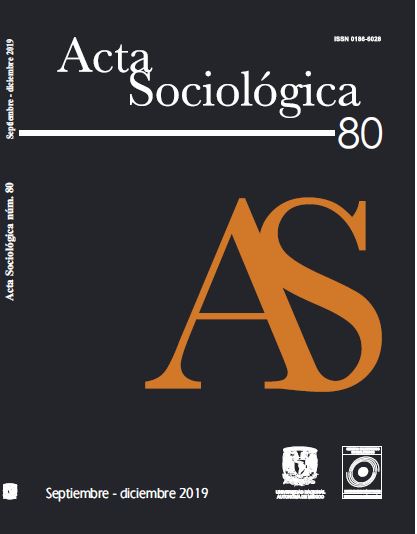Associative movement of people with dissabilities: its impact in university and society
Main Article Content
Abstract
In the early 1970s, the paradigm shift on disability was driven by people with disabilities who created a movement together that resulted in a struggle to demand fundamental rights in the United States and England. The movement’s bet was based on activism that mixed personal experience, academic knowledge and theoretical proposals in order to generate a change in political, social and cultural issues related to disability. In Mexico the outlook is different: the generation of critical knowledge on the subject is almost nil and is not linked to the associative movement of people with disabilities. Besides access to university education for this social sector is very small, which means that there is little research initiated by people with disabilities. What was the role that universities played in this change? What did the associative movement generated in the university mean for the social and political context? What role is the university in Mexico playing in issues related todisability and what is the impact that this role has on the social movement?
